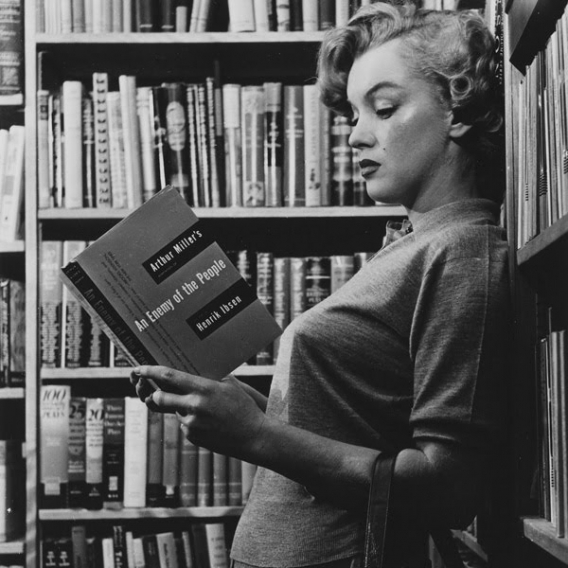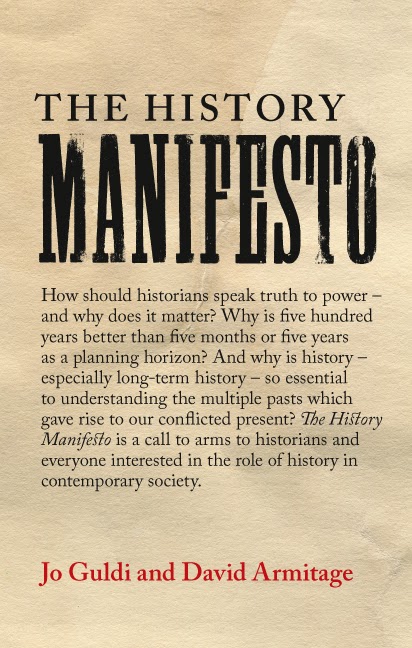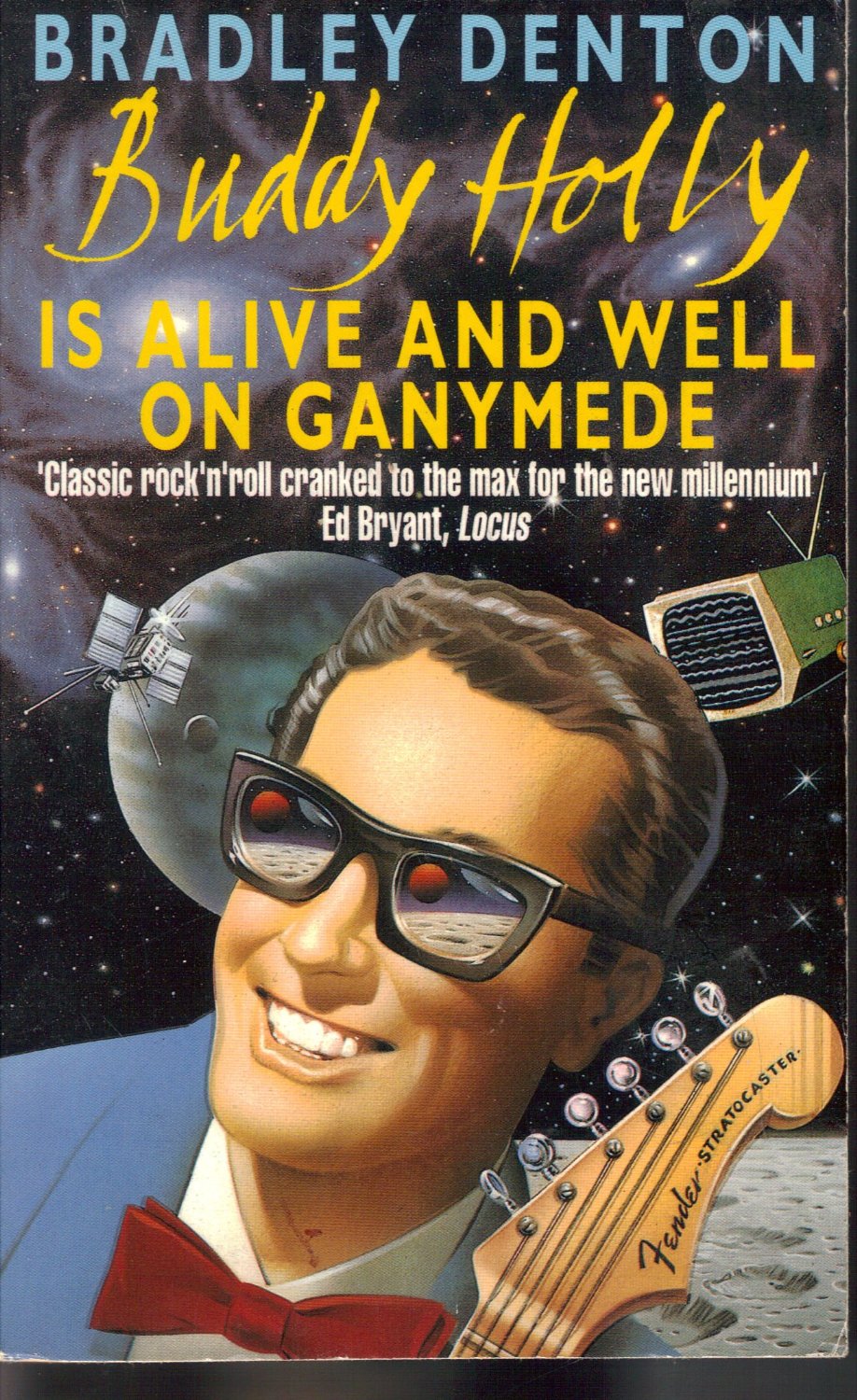When the Republican party struggles to determine its future direction, it often looks back to its intellectual and political leaders of decades past. And while we often hear about novel ways to think of those figures, we rarely hear much about what they thought of each other. Such inquiries can show us the historical fault lines visible in current debates between libertarian, small-government types and so-called “values voters,” conflicts that reach back at least to Barry Goldwater, who had no sympathy for the religious right in his heyday. Even in his old age, the conservative senator from Arizona was, for example, “pretty secure in feeling that discriminating against gays is constitutionally wrong.” In a 1994 interview, Goldwater resisted what he called the “radical right […] fellows like Pat Robertson and others who are trying to take the Republican Party away from the Republican Party, and make a religious organization out of it.” “If that ever happens,” Goldwater said, “kiss politics goodbye.”
Thirteen years earlier, in 1981, another figure much-revered on the political right felt similarly about the rise of the “moral majority” after the election of Ronald Reagan. Asked what she thought of Reagan, Ayn Rand replied, “I don’t think of him. And the more I see, the less I think of him.” For Rand, “the appalling part of his administration was his connection with the so-called ‘Moral Majority’ and sundry other TV religionists, who are struggling, apparently with his approval, to take us back to the Middle Ages via the unconstitutional union of religion and politics.” Rand’s primary concern, it seems, is that this “unconstitutional union” represented a “threat to capitalism.” While she admired Reagan’s appeal to an “inspirational element” in American politics, “he will not find it,” remarked Rand, “in the God, family, tradition swamp.” Instead, she proclaims, we should be inspired by “the most typical American group… the businessmen.”
Rand made these remarks in her last public lecture, delivered in 1981 at the National Committee for Monetary Reform conference in New Orleans. You can see excerpts at the top of the post and the full speech above. She clarifies her position on the moral majority in the second clip in the top video, claiming that the lobbying groups and voting blocks of the religious right were seeking to impose their “religious ideas on other people by force.” Rand also supported abortion rights, stating unequivocally that a politician who opposes the right to an abortion is “not a defender of rights and not a defender of capitalism.” It’s not entirely clear how Rand saw religious legislation as a threat to capitalism, but there can be no doubt that she did. And though—as NPR political blogger Frank James writes—many people think that a good deal of “cherrypicking of her ideas has to be done to claim her as a modern conservative hero,” there are also obviously plenty of religious conservatives who can admire Rand without denying or excusing her hostility to their faith. Yet, as the applause she received for her forceful rejection of the religious right suggests, there may have been—at least in 1981—no small number of conservatives who agreed with her.
Related Content:
A Free Cartoon Biography of Ayn Rand: Her Life & Thought
Ayn Rand Trashes C.S. Lewis in Her Marginalia: He’s an “Abysmal Bastard”
Ayn Rand Adamantly Defends Her Atheism on The Phil Donahue Show (Circa 1979)
Josh Jones is a writer and musician based in Durham, NC. Follow him at @jdmagness.






